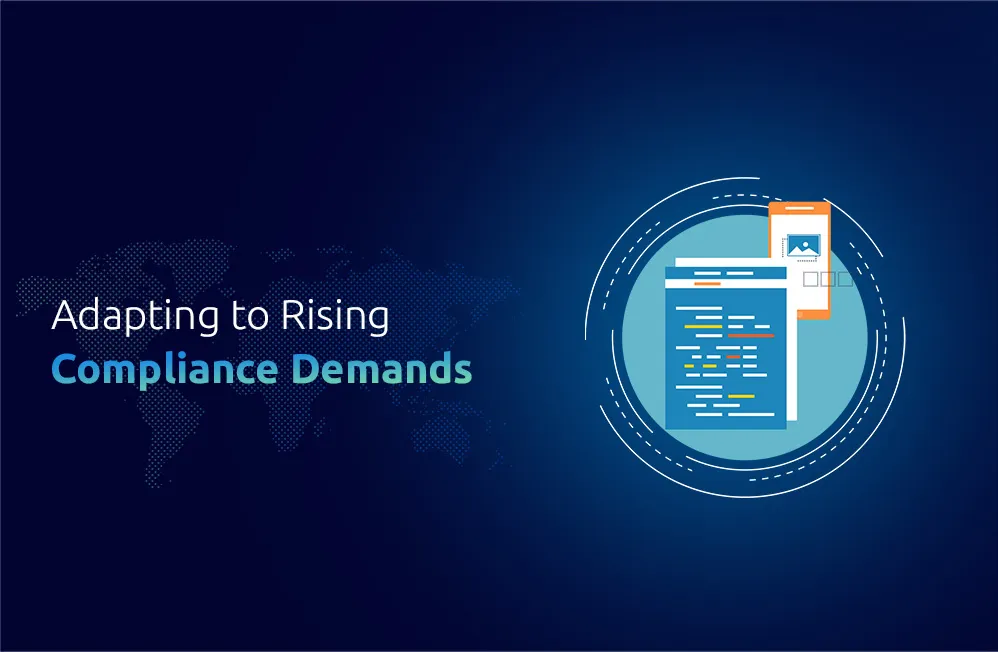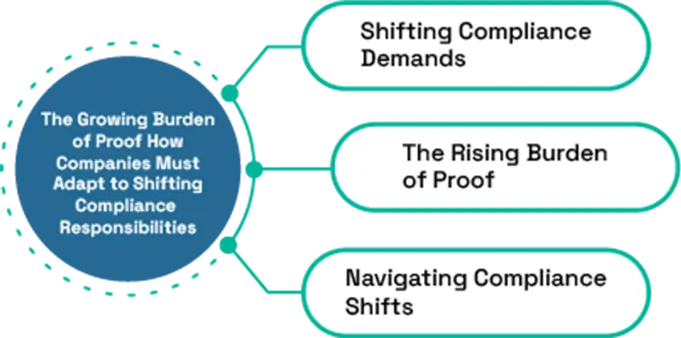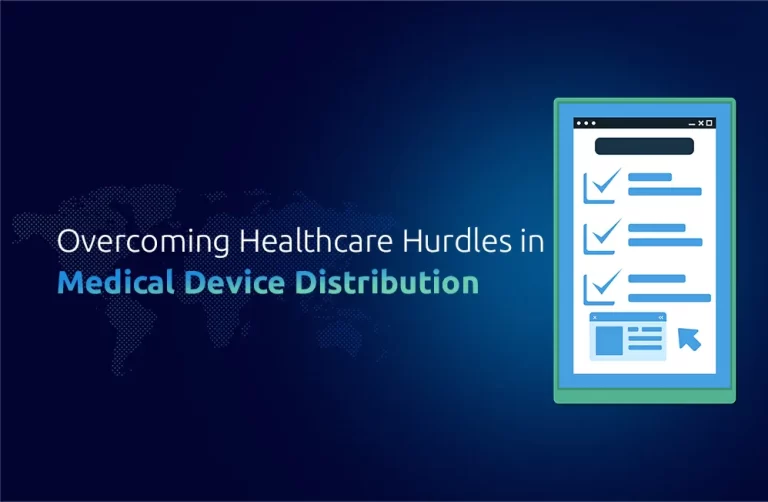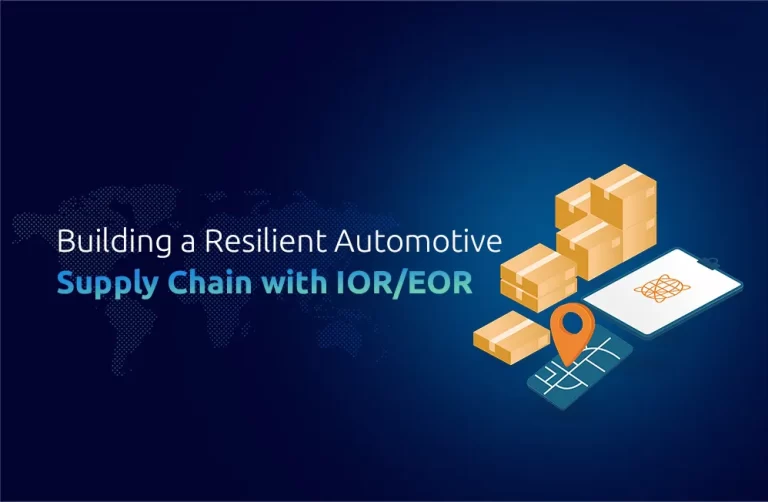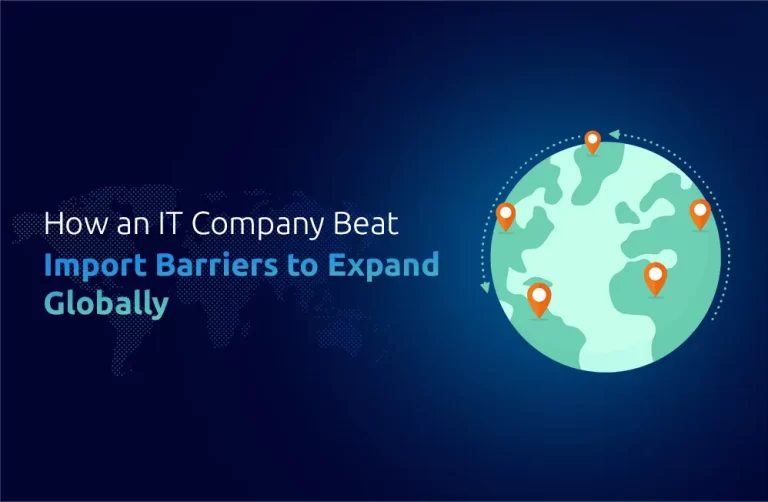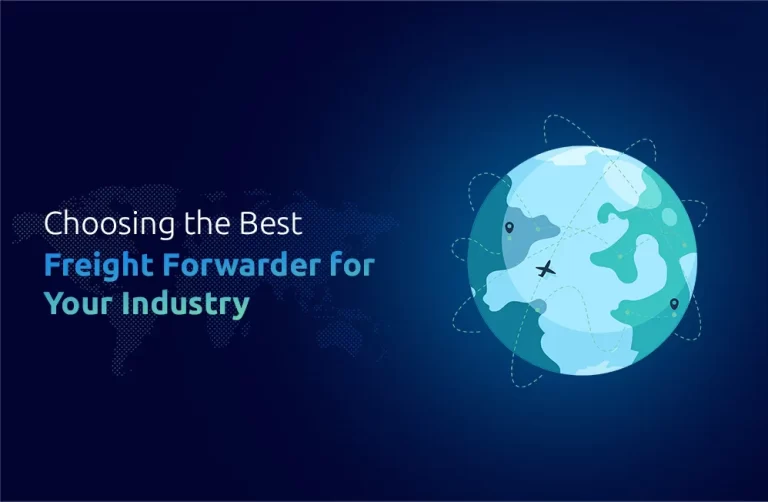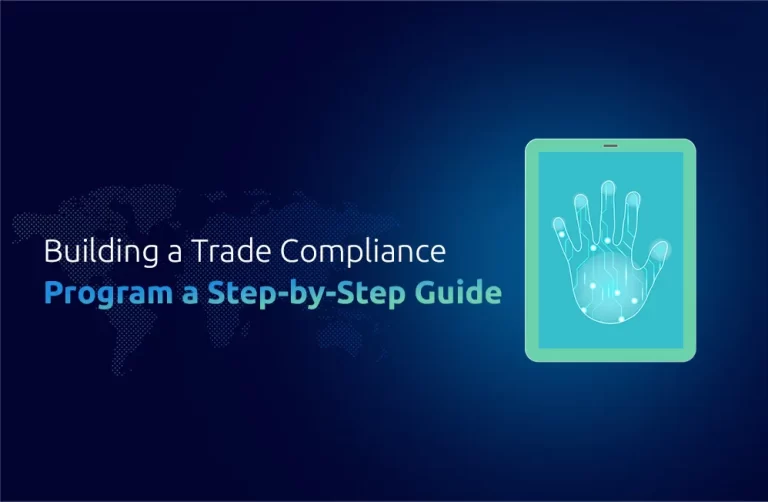Insight
Newly developed patterns in global trade require organizations to prove their compliance status. Companies operating within the aviation and medical equipment, IT/data center equipment, & automotive manufacturing industries must prove their regulatory compliance with local and international standards. The rising attention from customs authorities and regulatory bodies causes compliance obligations to grow more demanding. Businesses must present documentation confirming their products fulfill all safety standards requirements, environmental guidelines, and import/export regulations.
The Growing Complexity of Compliance
Rules involved in cross-border goods transportation have increased in complexity because of their growing number. Businesses struggle to match the pace of increasing regulatory complexity arising from geopolitical changes, technological progress, and health emergencies. Properly regulating products, including aviation components IT, hardware medical equipment, and automobile parts, creates two essential aims for industries’ safety assurance with quality standards and penalty avoidance.
The Role of Data and Documentation in Compliance
Companies require significant adjustments to the management of data and documentation. The period of submitting basic paperwork has become obsolete. Most current companies must supply extended documentation to demonstrate that their products uphold regulatory requirements and complete compliance verification files. Companies must perform proper certification tasks while correctly implementing Harmonized Tariff Codes (HTS) for their products and proving their safety criteria for market usage.
Establishing operations in new markets demands businesses to have partners who fully understand local commercial requirements. Failing to receive proper guidance leads a company toward operational delays coupled with greater expenses and the risk of receiving penalties or experiencing product rejection. Service providers with experience take on complete responsibility for handling documentation alongside compliance checks while conducting regulatory reporting tasks.
How Shifting Compliance Impacts Business Operations
A changing regulatory environment creates a substantial impact on business operational methods. Market entry demands that businesses examine various local regulations regarding customs compliance alongside safety standards and environmental requirements. Organizations must revise the logistics operations while establishing deals with suitable suppliers and performing industry-standard actions to minimize potential financial and legal problems.
Companies spend increased costs on advanced systems and processes that support compliance management, in addition to accumulated penalties related to non-compliance. Businesses with operations across multiple areas experiencing different regulatory requirements face these challenges most significantly. Each market demands specific compliance protocols that businesses must implement at a high cost and dedicate substantial time. Efficient implementation of compliance procedures through proper expertise combined with specialized tools helps businesses handle costs and run operations effectively at lower expenses in the long term.
Compliance in the Context of Global Trade
The global trade system, through free border crossings, faces substantial obstacles due to rising regulatory compliance constraints. Businesses face major difficulties while trying to understand the distinct rules between different countries for customs regulations, product safety standards, and environmental policies. Organizations aiming for competition require complete comprehension of international regulations and full adherence to all regulatory requirements.
The Role of Technology in Managing Compliance
Complex compliance requirements became so intricate that businesses needed technological solutions for service. Software platforms can manage multiple compliance operations, including shipment tracking and report creation, documentation control, and product classification tasks. Machine learning algorithms enable businesses to foresee potential compliance risks by sending warnings to protect their operations from developing into major difficulties.
Businesses can safely maintain and distribute compliance-related information through cloud-based systems that provide access to relevant documents. Businesses can simplify the implementation of regional compliance requirements and multiple regulatory body standards because of this system.
Conclusion
Businesses need to modify their operations because compliance requirements transform how proof must be presented. Accurate documentation, strict adherence to international standards, and prompt compliance have become the most vital requirement. One Union Solutions guides businesses through changing international regulations because we comprehend all aspects of international trade operations. We provide complete services to assist companies across the aviation and medical sectors, the IT sector, and the automotive industry in maintaining their core activities by managing complex compliance requirements and documentation tasks.
Did You Know,
Markets reveal that 70% of enterprises face international trade delays because of nonadherence to local rules, so companies must implement advanced compliance systems to lower their risks.
FAQs
1. How does evidence requirement evolve in global trade compliance?
Enterprises need to provide more evidence to demonstrate compliance with domestic and international regulatory requirements that apply during import-export operations. The required documentation, certifications, proof of safety compliance, and regulatory standards requirements must be provided.
2. Which strategies enable businesses to adjust their compliance obligations?
Businesses need to adapt by monitoring regulatory changes while acquiring automated compliance systems and hiring experts to navigate the difficulties of global trade operations. The approach guarantees that business operations meet all requirements efficiently and exactly.
3. What dangers do companies face when they fail to comply with import/export regulations?
Non-compliance results in operation interruptions along with monetary penalties and confiscation of products that may simultaneously tarnish the business’s reputation. Disruptions in supply chains and increased operational expenses create barriers for companies to achieve effective results in global market competition.
4. What methods does technology provide for handling business compliance needs?
Automated compliance systems help companies selectively track their shipments more efficiently while reporting on product compliance standards and regulatory requirements. The automated systems enable businesses to fulfill compliance needs easily while reducing human mistakes and unnecessary worker involvement.
5. What fundamental reasons exist for businesses working with seasoned service providers focusing on compliance management?
Businesses that team up with experienced service providers gain access to expertise that helps them correctly handle complex regulations while simultaneously minimizing delays and meeting international requirements. Businesses that remain compliant with local laws receive protection from fines, shipment non-acceptance, and penalties.

